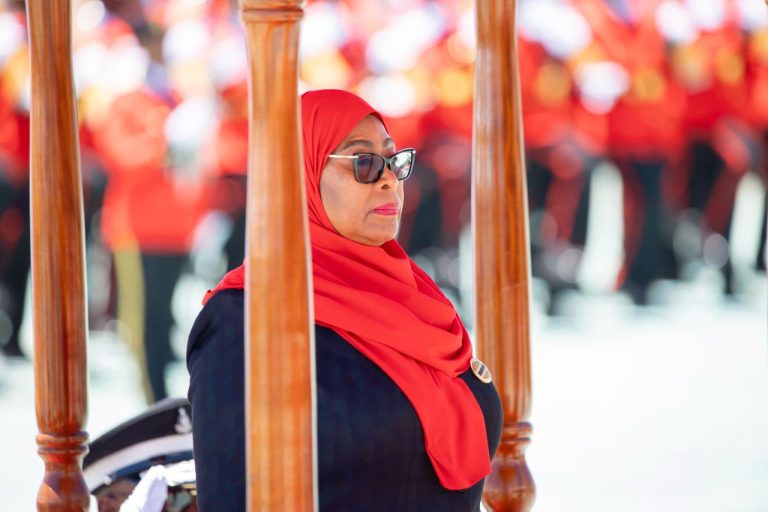- Government aims to raise $7 billion in Q4 domestic borrowing plan
- Treasury accepts all bids amid mounting short-term funding pressures
ACCRA, GHANA – Ghana’s short-term borrowing pressures have intensified after the government failed to meet its latest Treasury bill target, missing the mark by 30% in what analysts describe as a sign of mounting fiscal urgency.
The government raised GH¢4.76 billion ($441mn) against a planned GH¢6.82 billion ($632mn) in its most recent auction, leaving a GH¢2.06 billion ($191mn) shortfall, according to Bank of Ghana data.
The Treasury’s decision to accept all submitted bids – dominated by the 91-day note – underscored its immediate need to plug funding gaps ahead of the crucial November budget presentation.
“This may explain the Treasury’s decision to ramp up its acceptance of bids in an effort to bridge the funding gap,” noted Databank Research in its market analysis.
The missed target adds to a growing pattern of underperformance in recent weeks, amplifying investor concerns over Ghana’s domestic financing strategy. Market watchers say the shortfall reflects both limited liquidity among investors and lingering uncertainty about the government’s fiscal outlook.
Massive Q4 borrowing plan
The urgency is further highlighted by an ambitious domestic borrowing plan for the final quarter of 2025. According to the Bank of Ghana’s latest issuance calendar, the government aims to raise GH¢75.7 billion ($7 billion) between October and December.
Of this amount, roughly GH¢67.5 billion will be used to roll over maturing debts, while GH¢8.2 billion will represent new borrowing to fund government expenditure in the last quarter of the year. The Central Bank confirmed that the programme will rely heavily on short-term Treasury bills—91-day, 182-day, and 364-day instruments—and reopenings of existing bonds under the Domestic Debt Exchange Programme.
Officials say the plan aligns with efforts to deepen the domestic debt market and improve transparency. Yet, analysts caution that the heavy domestic focus exposes the government to rollover risks if investor appetite weakens.
Investor sentiment mixed
The latest auction results suggest cautious investor sentiment. Yields showed mixed movement: the 91-day bill eased to 10.67%, the 182-day bill climbed to 12.46%, and the 364-day bill slipped slightly to 12.87%.
Analysts say the uneven yields reflect market unease ahead of the November budget and uncertainty surrounding fiscal adjustments under Ghana’s International Monetary Fund (IMF) programme.
For investors, the large Q4 borrowing target provides trading opportunities but heightens concerns over sovereign risk and the potential crowding-out of private sector credit. The next auction, aiming to raise GH¢5.32 billion, will test whether investor confidence can stabilise as the year winds down under tightening fiscal pressure.











